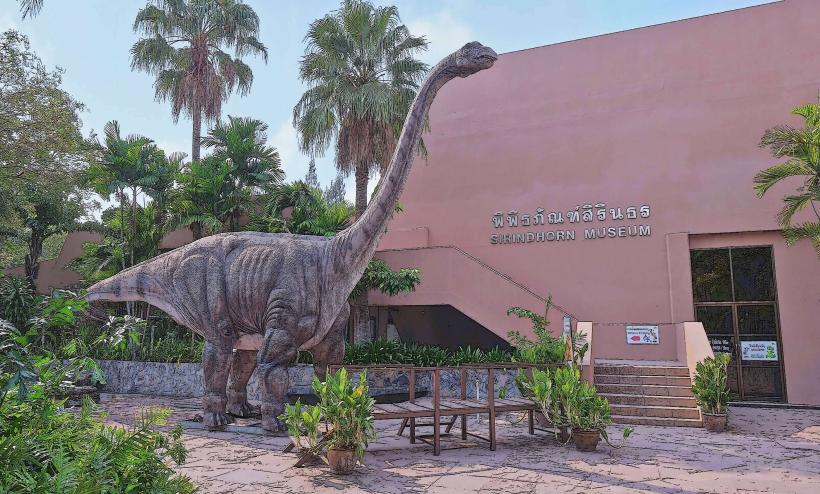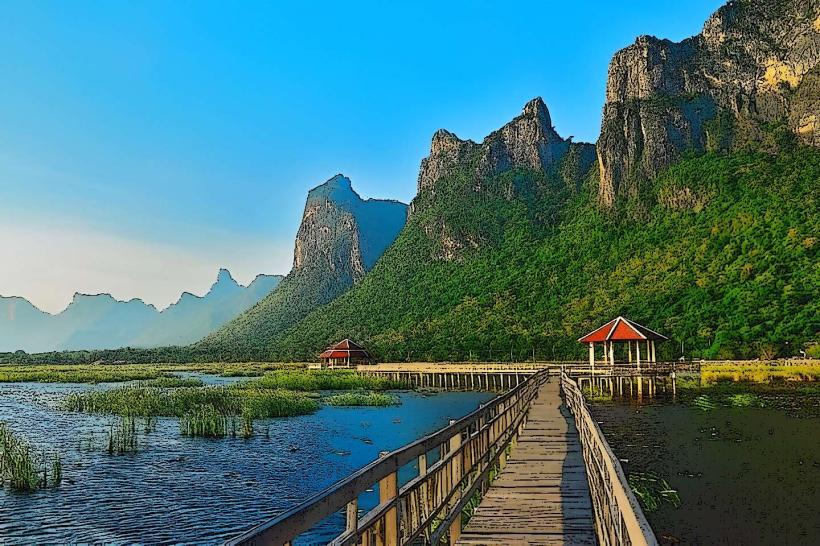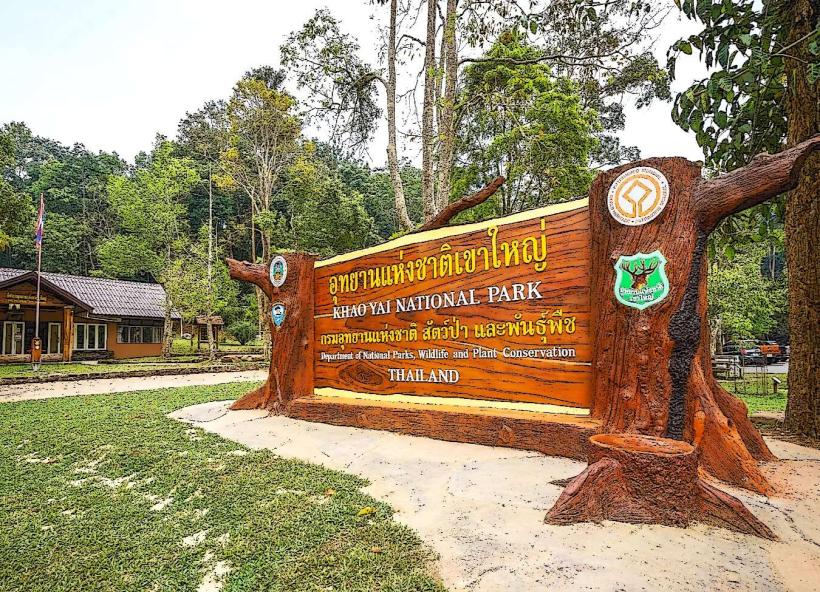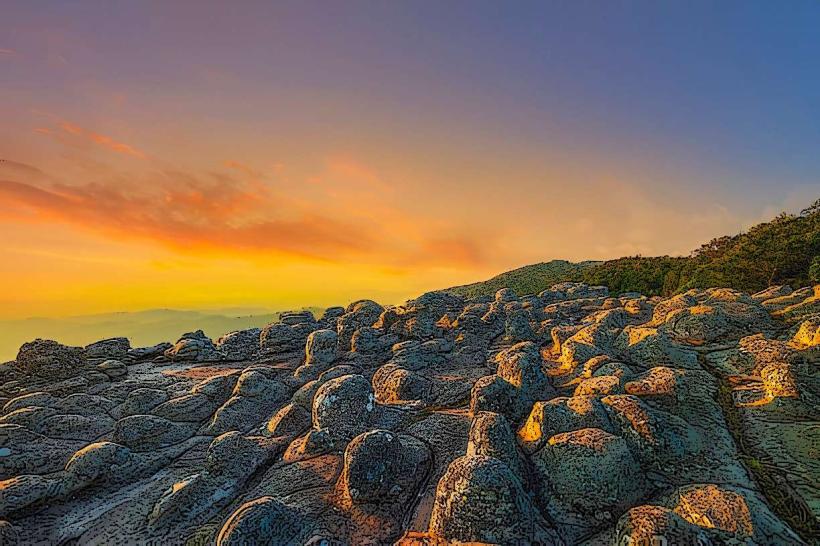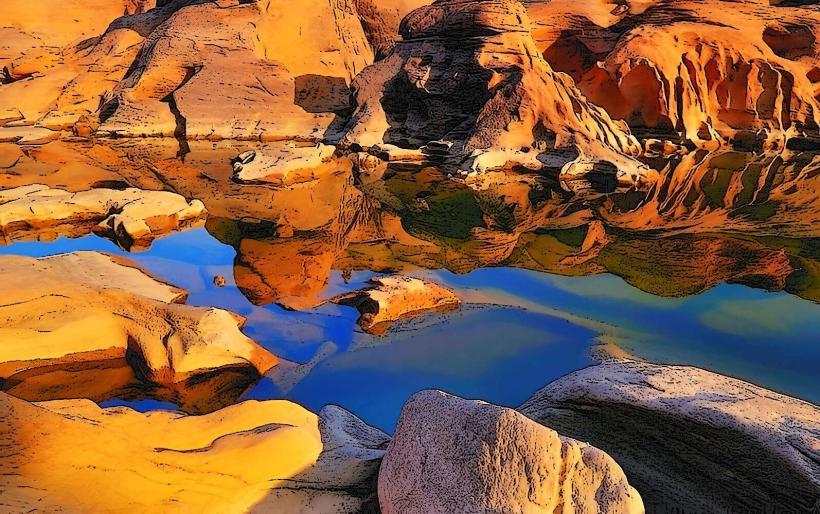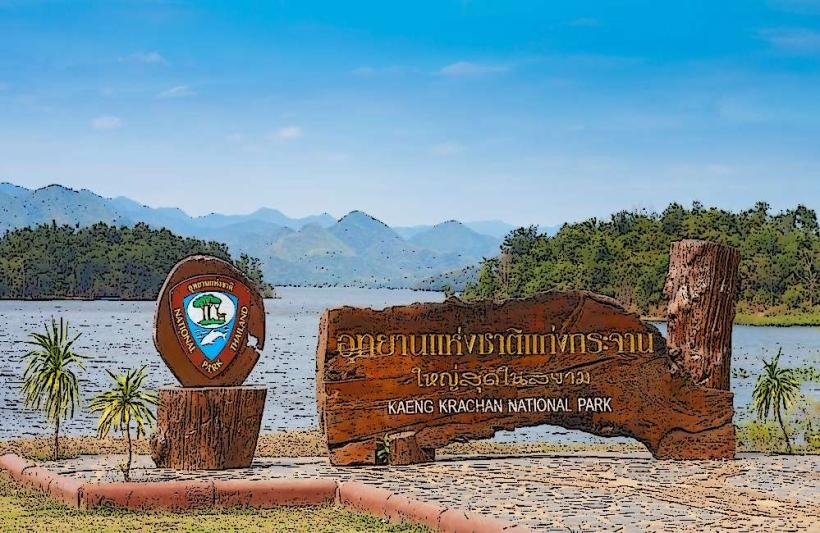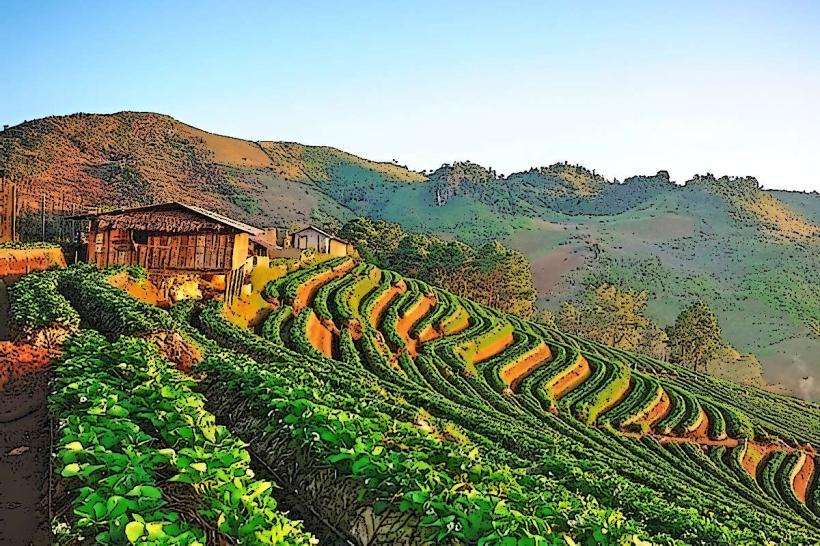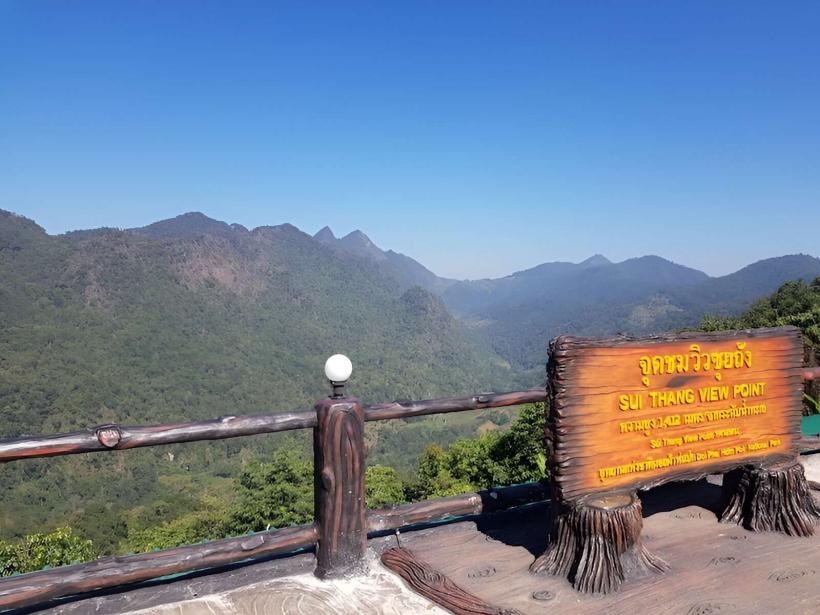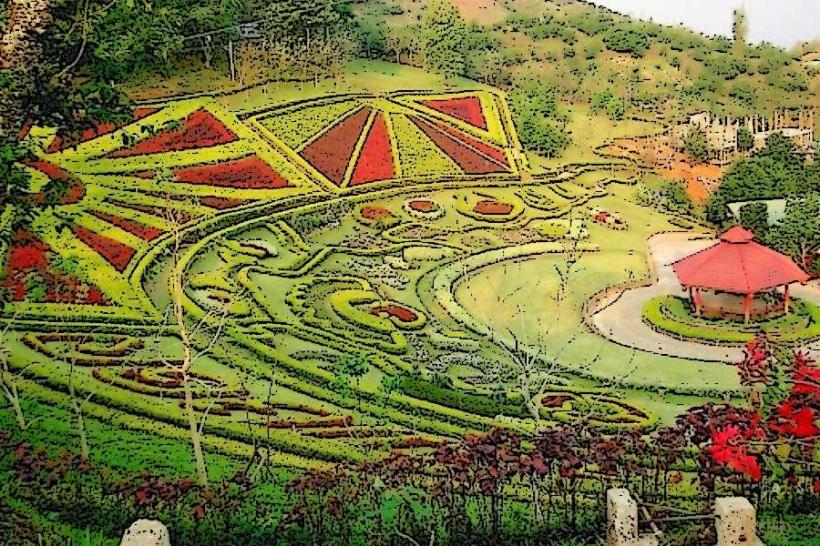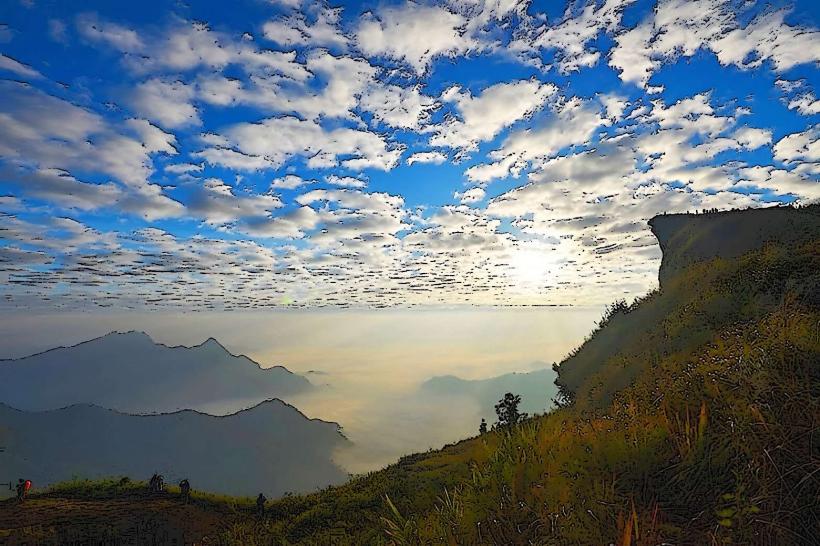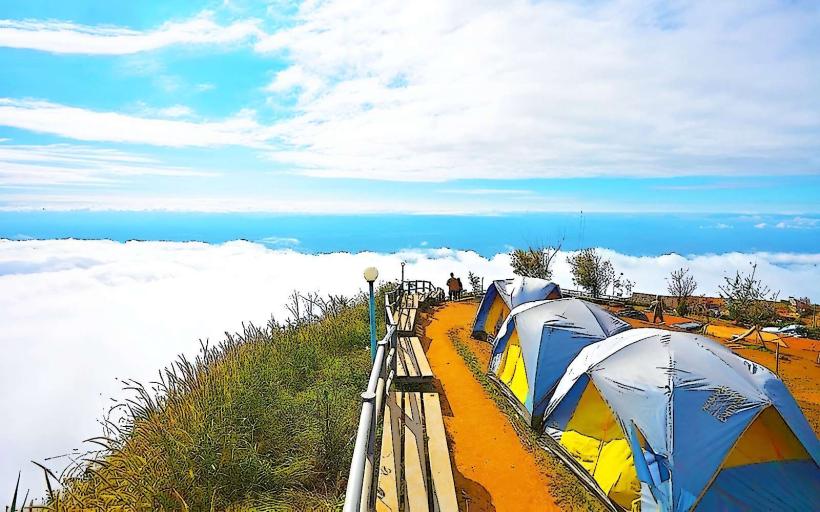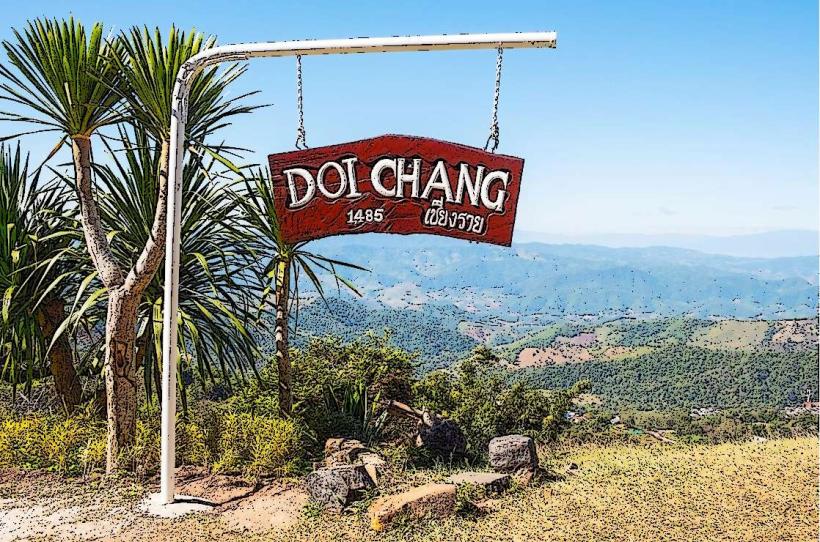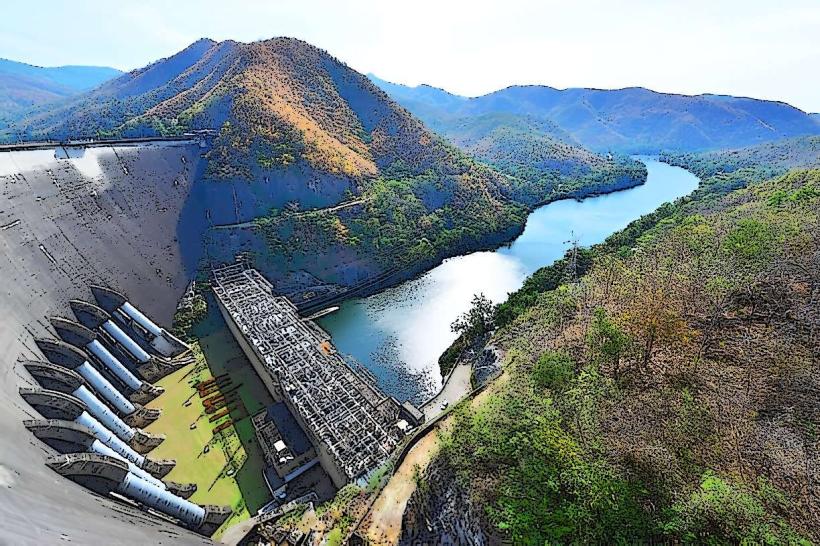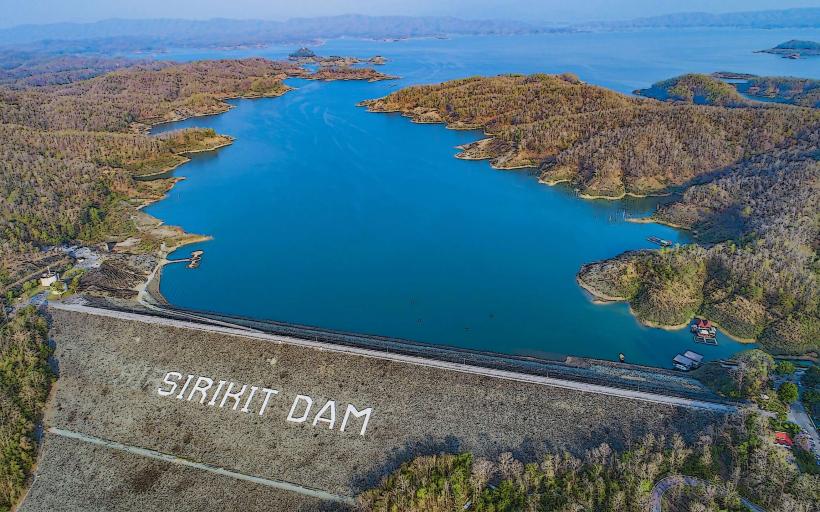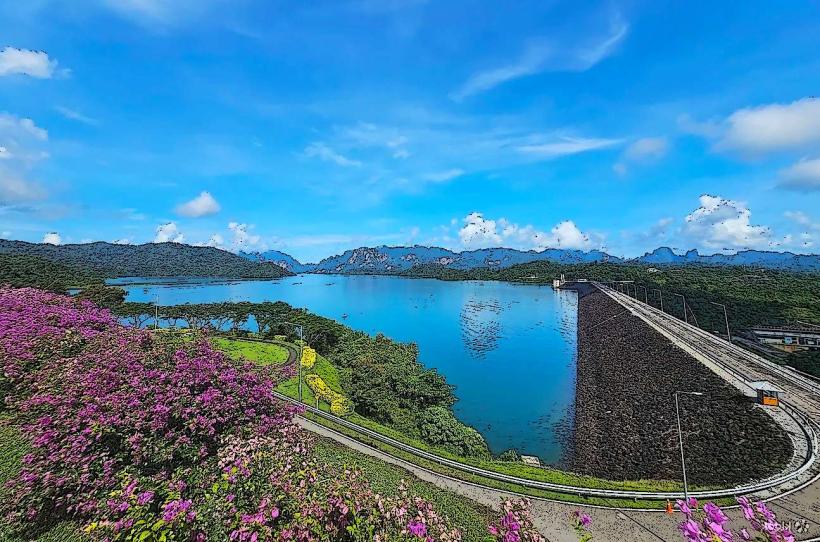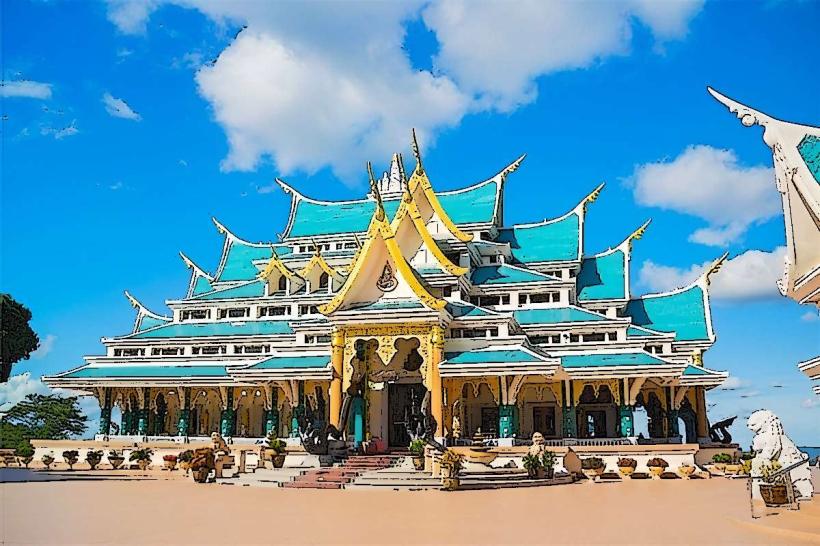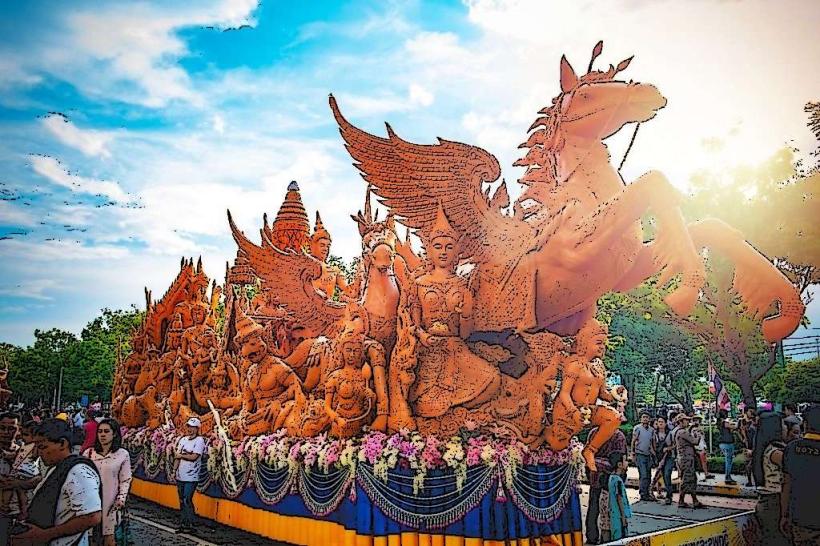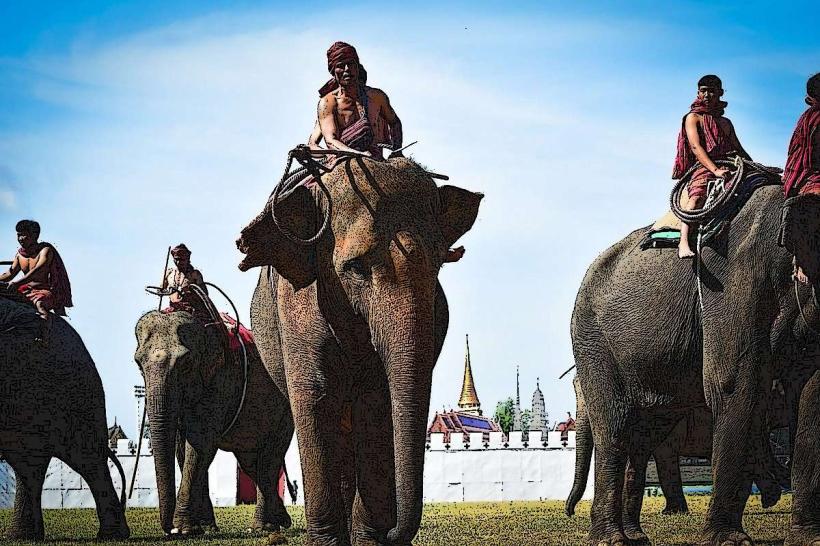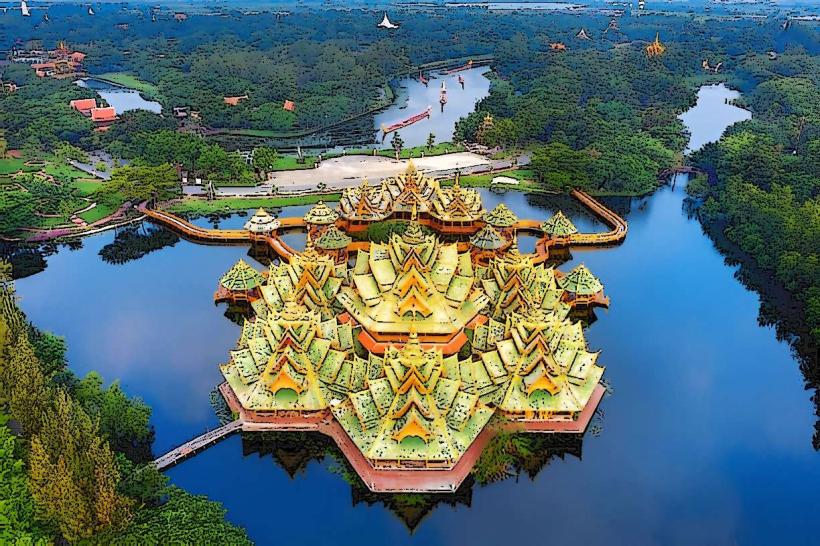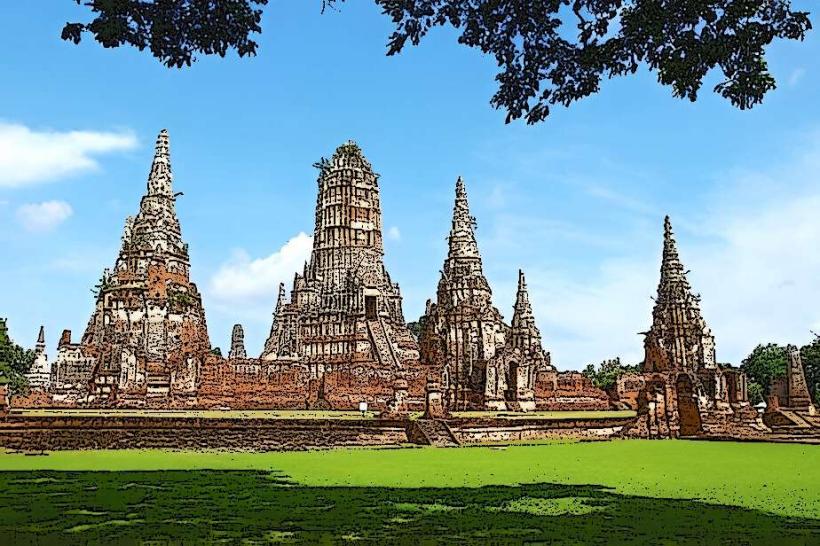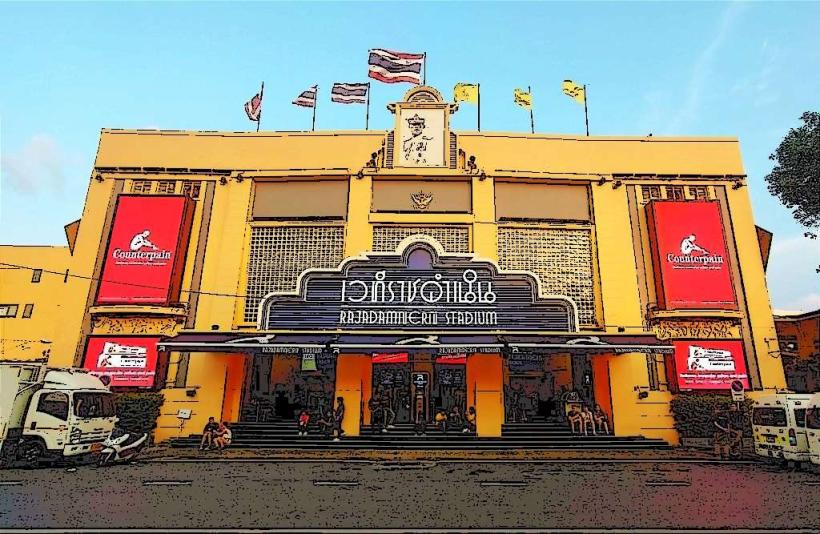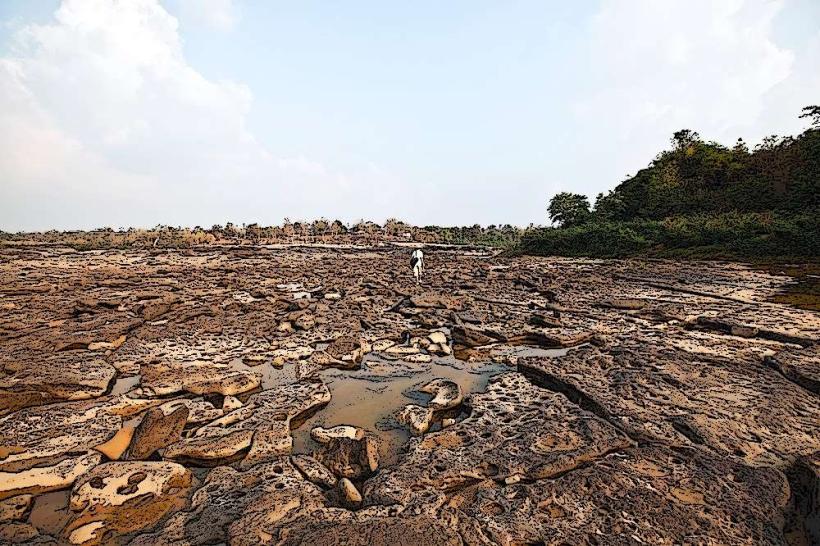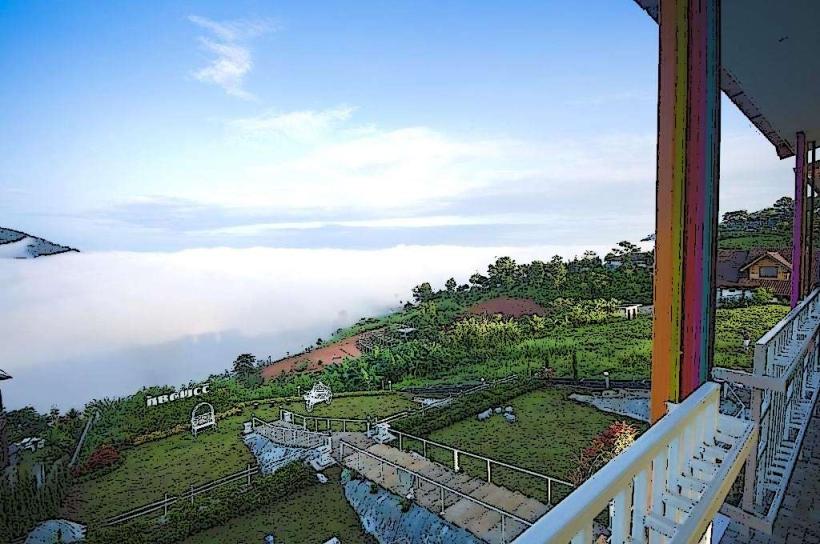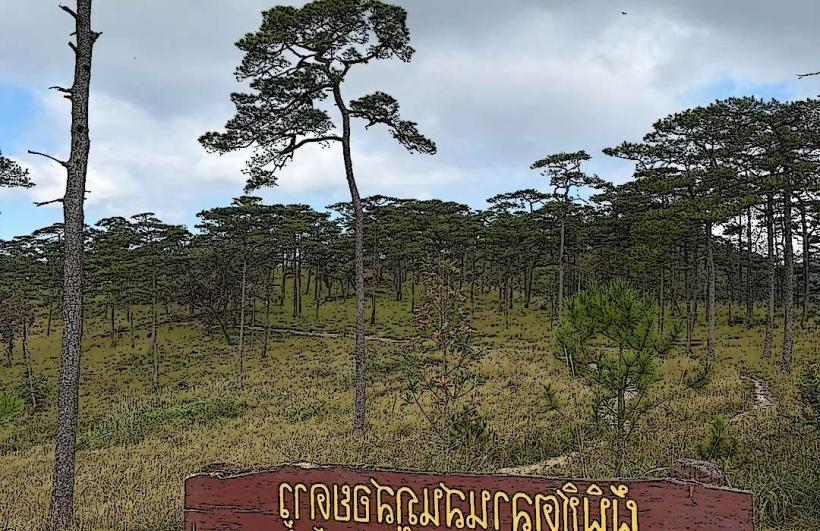Information
Landmark: Si Thep Historical ParkCity: Gulf of Thailand
Country: Thailand
Continent: Asia
Si Thep Historical Park, Gulf of Thailand, Thailand, Asia
Si Thep Historical Park is an ancient archaeological site located in Phetchabun Province, central Thailand. The park is one of the most important historical sites in the region, known for its ruins dating back to the Dvaravati period and its rich cultural significance. It is a fascinating destination for those interested in Thailand's ancient history, archaeology, and early civilizations.
History and Significance
- Dvaravati Civilization: Si Thep is thought to have been a significant settlement during the Dvaravati period, which lasted from the 6th to the 11th centuries. The Dvaravati civilization was an early Mon kingdom that influenced much of Southeast Asia, particularly in the areas of art, religion, and culture.
- Archaeological Findings: The site is significant for the artifacts and architectural remains uncovered there, including brick structures, sculptures, and inscriptions. These finds suggest that Si Thep was a bustling and important city in its time, with cultural and religious connections to other parts of Southeast Asia, including India and Burma.
- Historical Role: Si Thep is believed to have been a thriving town with extensive trade and cultural exchanges. It likely played a central role in regional politics, religion, and culture during the Dvaravati period.
Main Features of Si Thep Historical Park
- Ancient Ruins: The most prominent feature of Si Thep Historical Park is the ancient ruins scattered across the site. The park contains several stone structures, including walls, shrines, and a central stupa, many of which are remnants of Buddhist temples and monuments from the Dvaravati period. These ruins reflect the architectural styles and religious practices of the time.
- The Central Stupa: One of the key structures in Si Thep is a large central stupa. The stupa, which houses religious relics, is an important symbol of the site’s Buddhist heritage. The structure has been restored and is a focal point for visitors.
- Walls and Gates: The park is surrounded by large, rectangular stone walls, which were once part of the city’s fortifications. These walls are believed to have been built for protection and to define the city’s boundaries.
- Sculptures and Artifacts: Many of the artifacts uncovered at Si Thep, such as sculptures of Buddha and other religious figures, are displayed at the park or in nearby museums. These sculptures are excellent examples of the artistic styles from the Dvaravati period.
- Inscriptions: Several inscriptions found at Si Thep provide valuable insight into the language, culture, and religious practices of the time. These inscriptions, often in ancient forms of Sanskrit or Pali, are crucial for understanding the history of the region and its interactions with other ancient civilizations.
Attractions and Activities
- Exploring the Ruins: Visitors can walk around the park and explore the ruins of ancient temples, stupas, and walls. The site offers a peaceful environment where one can appreciate the historical significance of the structures while taking in the surrounding natural beauty.
- Museum and Exhibits: Near the park, there is a museum that displays artifacts and objects unearthed from the site. The museum offers detailed information about the Dvaravati period and the importance of Si Thep in early Southeast Asian history.
- Archaeological Tours: Visitors interested in the detailed history of the site can opt for a guided tour. Knowledgeable guides provide insights into the significance of the ruins, the cultural practices of the time, and the discoveries made at the site.
- Photography: Si Thep Historical Park offers excellent opportunities for photography, with the combination of ancient ruins, surrounding landscapes, and the unique ambiance of the site.
Best Time to Visit
- Cool Season (November to February): The best time to visit Si Thep is during the cool season, from November to February, when the weather is more comfortable for outdoor exploration. The cool season provides a pleasant climate for walking around the ruins and enjoying the surrounding natural beauty.
- Avoiding the Rainy Season (May to October): The rainy season in Thailand can make exploring the site less enjoyable, with muddy paths and potential flooding. It is best to avoid visiting during the peak of the rainy season.
Accessibility
- By Car: Si Thep Historical Park is about 30 kilometers from the town of Phetchabun, and it is easily accessible by car or taxi. The drive takes around 30 minutes to an hour, depending on traffic.
- Public Transportation: While public transportation options to the site may be limited, visitors can take a bus or minivan to Phetchabun from Bangkok or nearby cities. From there, a tuk-tuk or taxi can be hired to reach the park.
Conclusion
Si Thep Historical Park is a fascinating site that offers a glimpse into Thailand's ancient history and the Dvaravati civilization. The ruins, artifacts, and cultural heritage of the park make it a valuable destination for history enthusiasts, archaeologists, and travelers looking to explore Thailand's rich past. The park's serene atmosphere, combined with its historical significance, makes it a must-visit for anyone interested in ancient civilizations and the cultural development of Southeast Asia.

